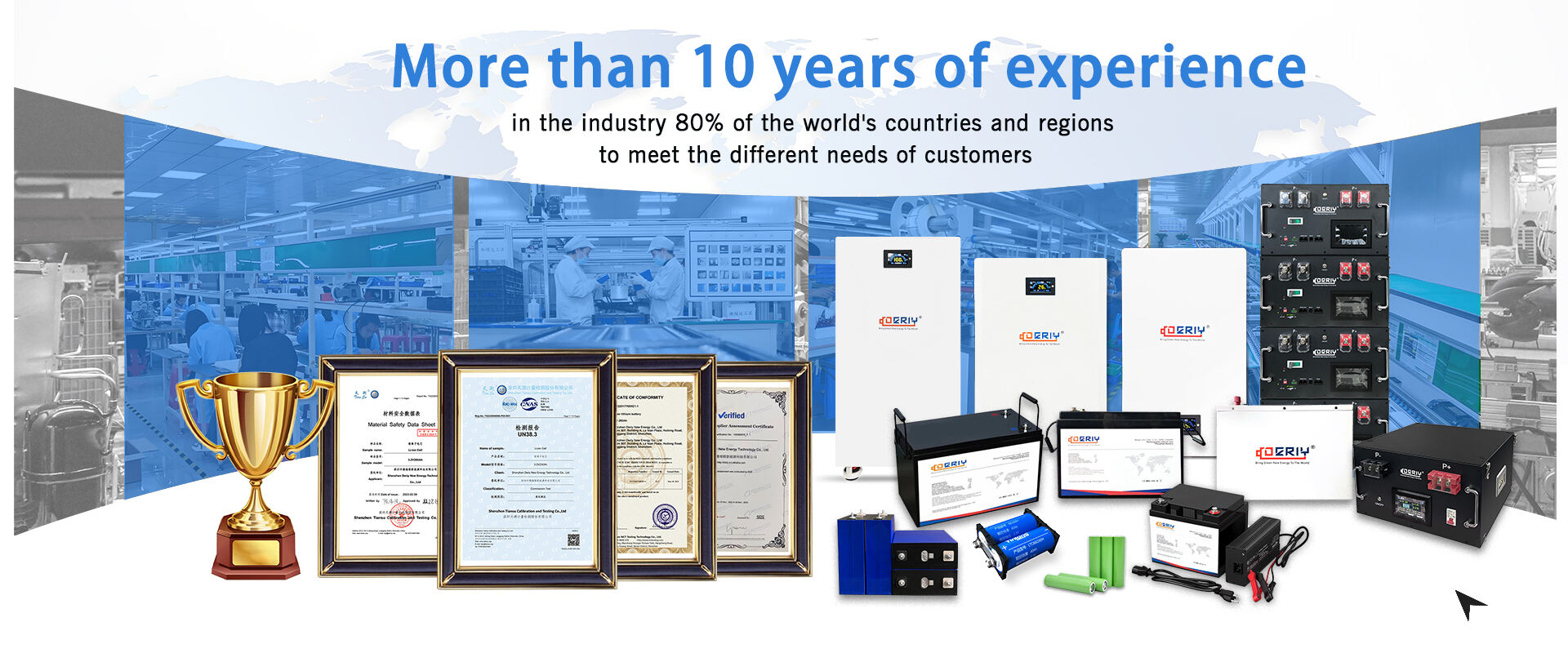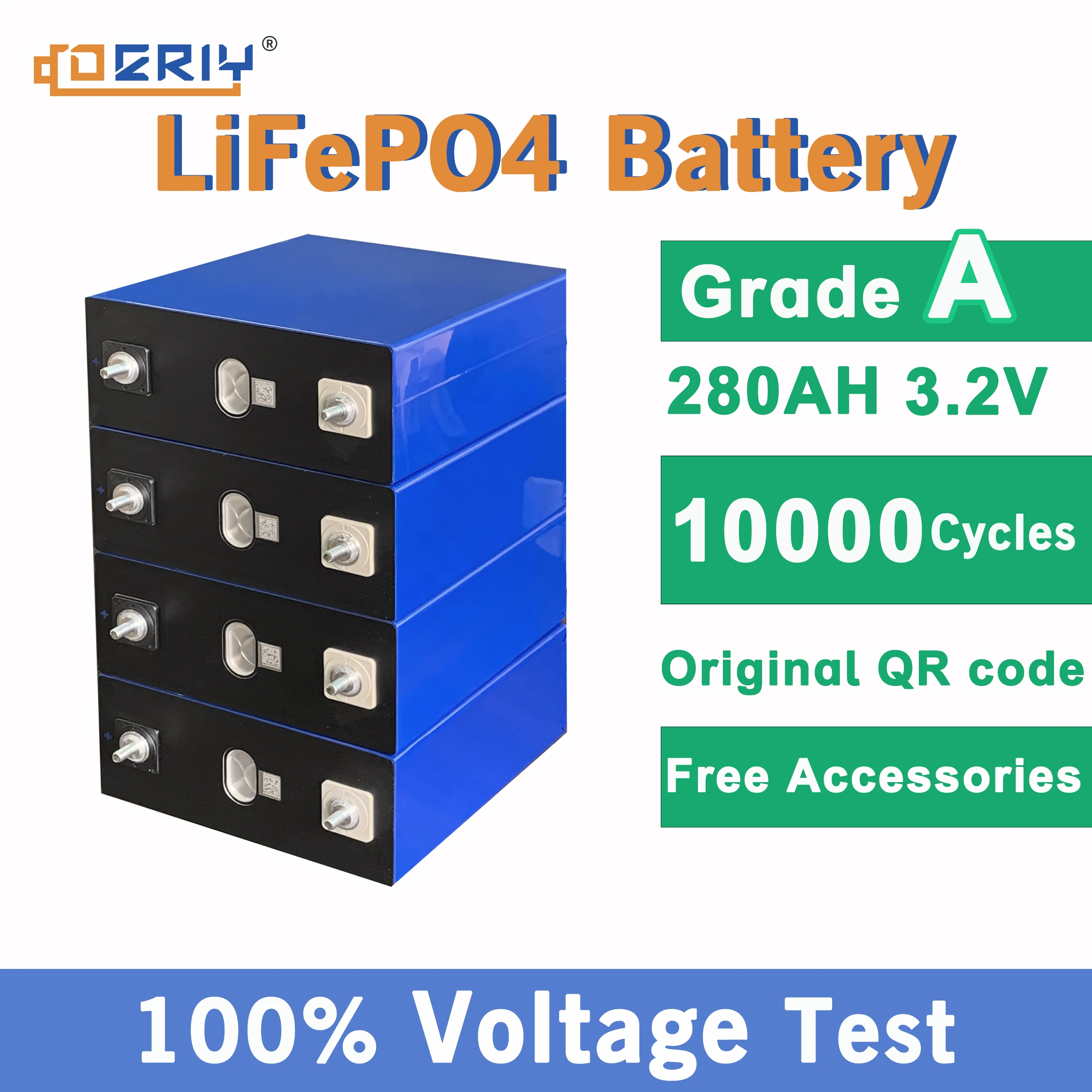Long - term Cost Savings
Although the initial investment in a solar battery system may be significant, in the long run, it can lead to substantial cost savings. By storing and using solar - generated electricity, users can reduce their electricity bills, especially in regions with high electricity prices. Over time, the savings from reduced grid power consumption can offset the cost of the solar battery system.

